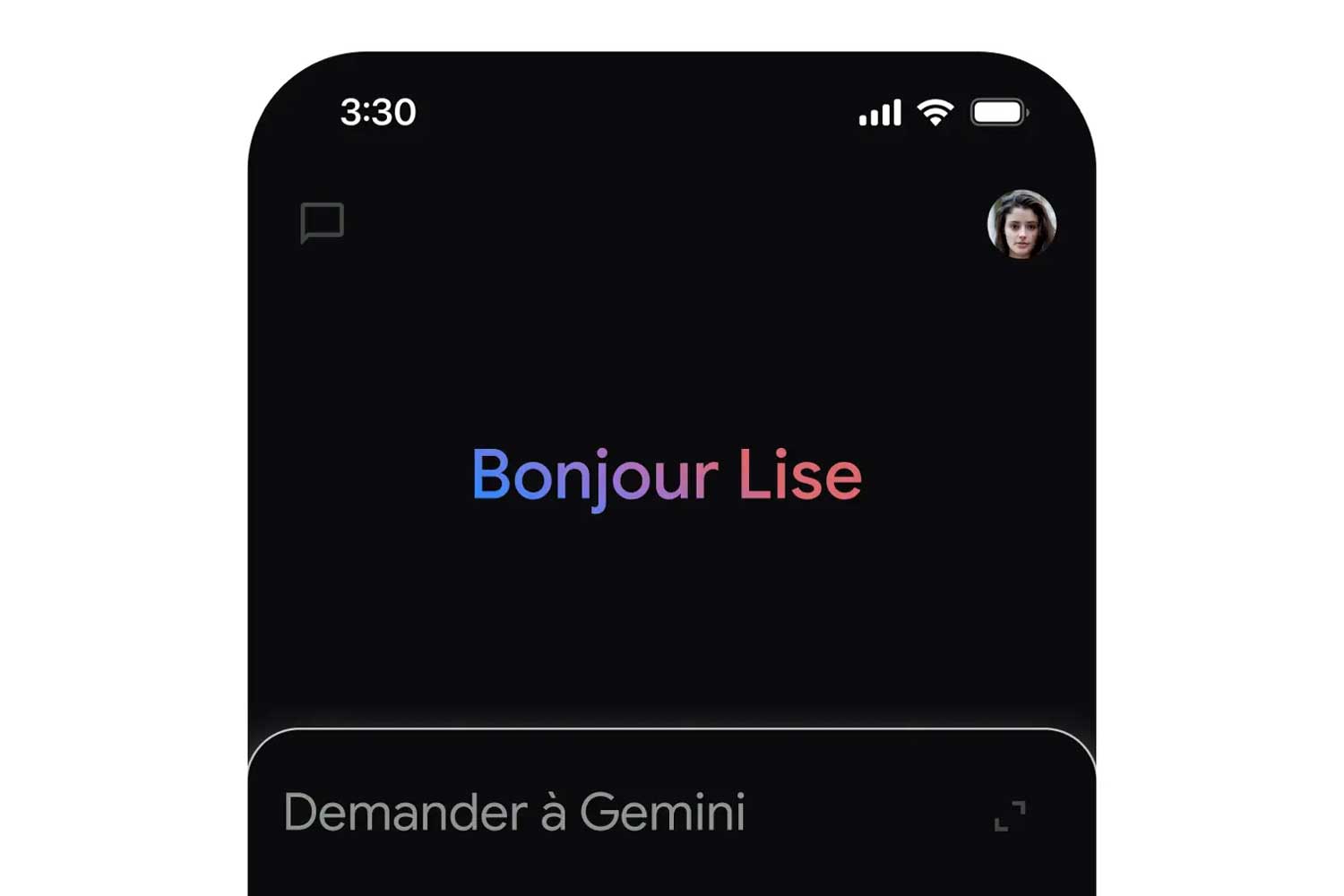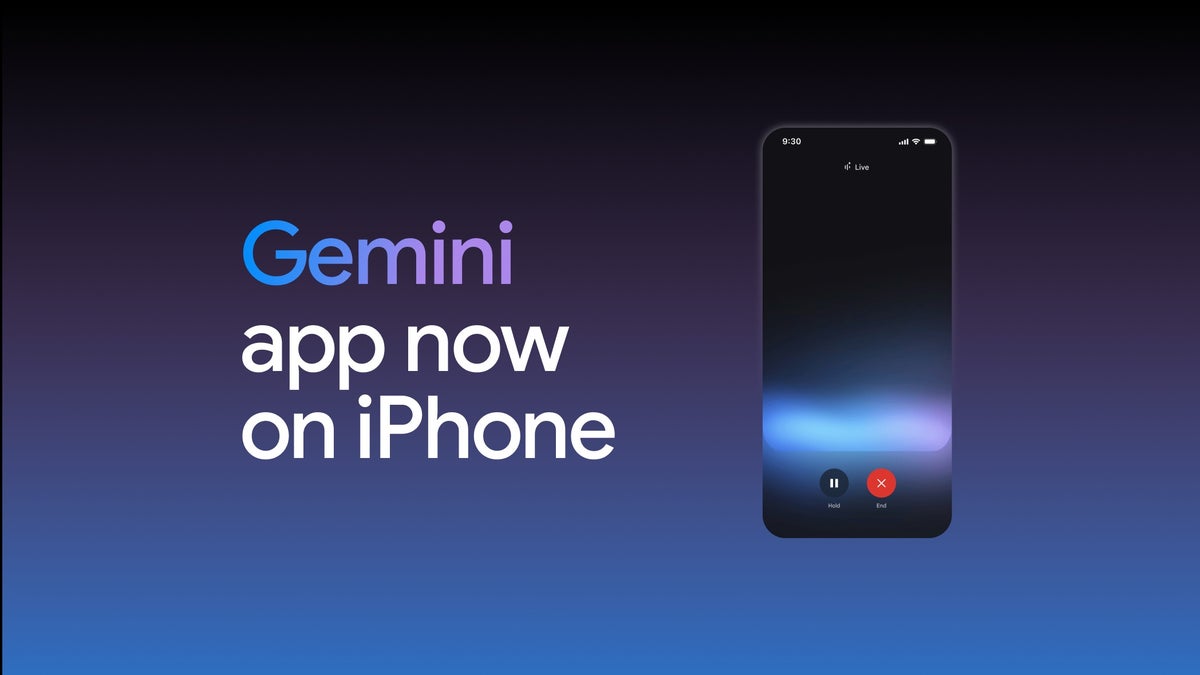From Apple’s privacy-focused approach to Google’s photography magic, here’s your comprehensive guide … (+)
In an age where smartphones are remarkably similar, artificial intelligence has led to a fascinating new chapter in mobile technology. For the first time in years, choosing between an iPhone, Samsung Galaxy, or Google Pixel actually means making meaningful decisions about the kind of smart features you want in your pocket.
The $500 billion smartphone industry has become an artificial intelligence battlefield, with each manufacturer trying to outdo the others with increasingly sophisticated AI capabilities. But which company actually provides the most valuable AI features? Let’s take a look at the unique approaches each major player is taking to win our hearts (and wallets) with their AI innovations.
Apple iPhone: where privacy and intelligence meet
Apple’s fashionably late arrival to the AI party with their Apple Intelligence platform proves that good things await those who wait. Through a strategic partnership with OpenAI (the makers of ChatGPT and DALL-E), Apple has introduced an advanced suite of AI tools that seamlessly combine cloud and on-device processing.
The platform’s standout features include an advanced language model that handles everything from composing emails to summarizing documents, while revitalizing Siri’s conversational skills. The playful Image Playground and Genmoji features add creative flair to the package, allowing users to generate custom images and personalized emojis.
What really sets Apple apart, however, is its unwavering commitment to privacy. By handling many AI functions directly on the device, they have managed to provide advanced capabilities while minimizing the transfer of sensitive data to the cloud – an attractive proposition for the privacy-conscious consumer.
Samsung Galaxy: the performance powerhouse
Samsung has thrown down the gauntlet with their latest Galaxy S24 Ultra and has embedded AI into the device’s DNA via their custom Exynos chipset. The dedicated AI cores don’t just sound impressive – they deliver tangible improvements to the way the phone handles AI-intensive tasks.
The Scene Optimizer in Samsung’s camera system is particularly smart, acting as a professional photographer’s assistant that automatically adjusts settings based on what you’re photographing. Whether you’re capturing portraits, landscapes, or your pet’s latest antics, the AI will ensure you get the best photo possible.
But it’s the AI magic behind the scenes that really makes the Galaxy shine. The intelligent performance optimization system works like a skilled conductor, orchestrating CPU and GPU resources and adapting to your usage patterns to extend battery life. The result? A smartphone that feels more responsive and reliable every day.
Google Pixel: the photographer’s dream
Google’s Pixel series, powered by their custom Tensor chip, shows what happens when one of the world’s leading AI companies turns its attention to smartphone photography. The results are nothing short of remarkable.
The Magic Eraser feature has to be seen to be believed: it removes unwanted objects from photos with almost supernatural precision. Combined with AI-enhanced zoom capabilities and intelligent low-light photography, the Pixel transforms even ordinary snapshots into professional-looking images.
The integration of Google’s Gemini chatbot goes one step further, enabling real-time captioning for phone calls and videos, instant transcription of voice recordings, and seamless language translation. It’s like having a personal assistant who is equally comfortable handling your photography and communication needs.
Huawei: practical AI for everyday life
While Huawei may not be the first name that comes to many Western consumers’ minds, their Pura 70 series demonstrates a refreshingly practical approach to AI implementation. Under the banner of Harmony Intelligence, they have developed features that solve real-world problems.
Their Image Expand technology can intelligently fill in missing background details when enlarging photos, while the Sound Repair feature restores audio dropouts during calls in real time. The upgraded Celia Assistant, powered by the Pangu LLM, adds advanced image recognition capabilities that make everyday tasks smoother and more intuitive.
The bottom line
The AI smartphone revolution has given consumers something they haven’t had in years: meaningful choice. Whether you prioritize privacy (Apple), performance (Samsung), photography (Google) or practical everyday features (Huawei), there is now a clear distinction between leading smartphones that goes beyond mere aesthetics or ecosystem lock-in.
As AI technology continues to develop at breakneck speed, we can expect these differences to become even greater. The smartphone in your pocket is no longer just a communication device: it’s an AI-powered personal assistant that gets smarter with each new generation.









